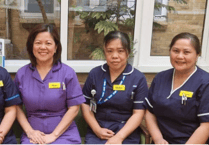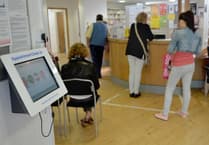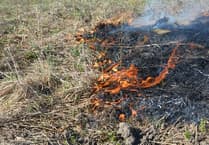NHS Gloucestershire has provided residents advice about measles, including how to recognise the signs and how best to protect yourself.
The advice follows the latest report which shows increases of measles in some parts of England and some calling it a “measles emergency” earlier this year.
Measles is a highly infectious virus which can be spread via coughs and sneezes. Contrary to what some believe, it’s not just a childhood disease, and can be serious for people of all ages. Those who contract measles can be unwell for around ten days, and currently there is no treatment or cure.
NHS Gloucestershire said: “The best way to protect yourself and your family from measles is to ensure that you’ve all had both doses of the MMR vaccine. These are usually offered to children at age one, and then a second dose at three years and four months, but it’s never too late to catch up. The MMR vaccine is free on the NHS, whatever your age.”
Measles can often have recognisable symptoms. Early signs can include a runny nose, fever, cough, and watery or red eyes. One of the problems with these symptoms is their similarities to winter bug symptoms, but some will later develop a rash within a few days. Spots are sometimes raised and join to form blotchy patches.
NHS Gloucestershire said “If you’ve had both doses of your MMR vaccine, or if you’ve had measles before, it's very unlikely to be measles. If not fully vaccinated, measles is still very rare.”
Residents are advised to contact their GP for advice if they think they, or their children, have measles. You may be recommended to take paracetamol or ibuprofen to help with high temperature, and told to drink plenty of fluids.
More information is available via the NHS website.





Comments
This article has no comments yet. Be the first to leave a comment.